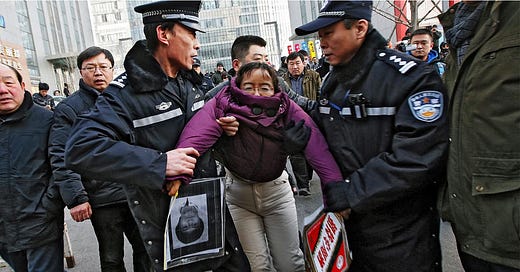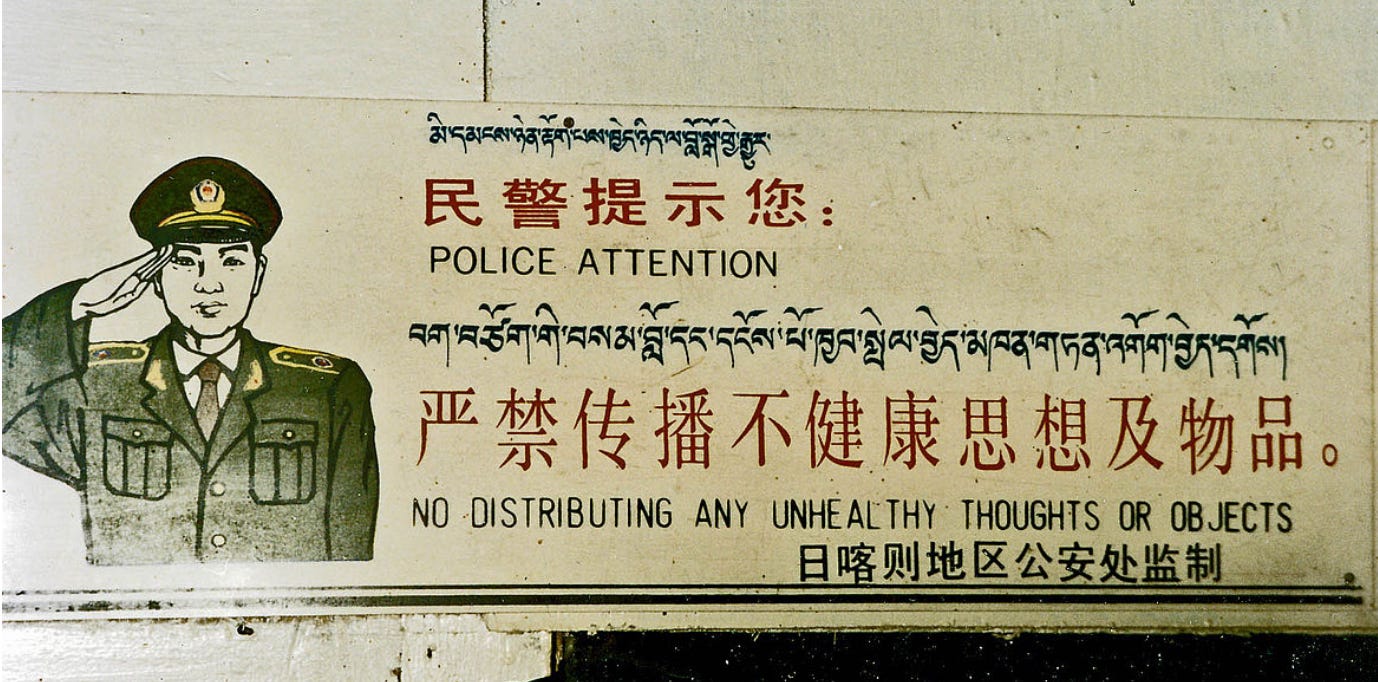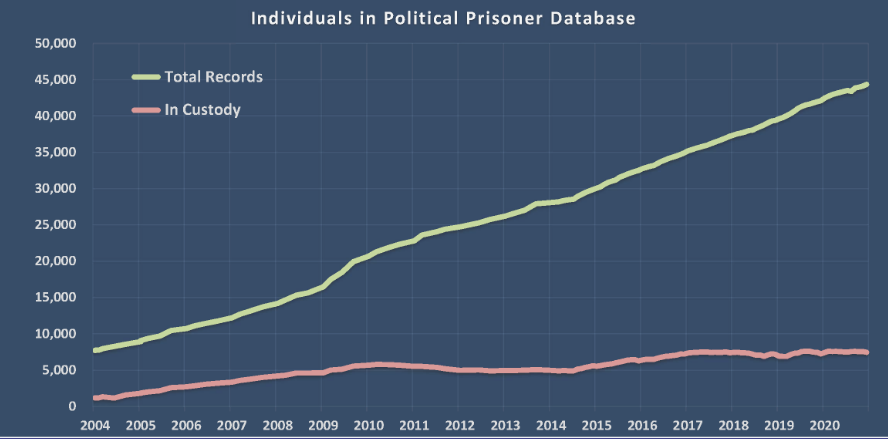Disappearance of Jack Ma underlines level of intolerance in communist government of China
The recent incidence of the business tycoon Jack Ma going missing all of sudden underlines the fact about China’s intolerance toward any kind of criticism.
Every successive communist party government in China has condemned democratic values such as the rule of law, freedom of speech, human rights. It has allowed it to muzzle voices of minority groups in the country such as Tibetans, Uyghur Muslims.
However, the suppression does not stop at minorities. Even people-- no matter how rich and influential— critical of the communist government are dealt with an iron fist, with most ending up in jails or simply getting disappeared.
And the recent incidence of the business tycoon Jack Ma going missing all of sudden underlines the fact about China’s intolerance toward any kind of criticism.
Not just Chinese population but people across the globe have expressed their concerns over the disappearance of Ma soon after he delivered a speech that was critical of the communist country’s banking system.
It was certainly shocking to see the philanthropist Ma, who was an inspiration to the Chinese people especially entrepreneurs, being targeted by Chinese authorities for making constructive criticism.
The state media said Ma was “embracing supervision”, which simply means he is either behind bars or under house arrest.
Many businessmen, activists, political leaders have been disappearing from public view, and many never came back.
This is the price one has to pay for being critical of the Chinese government and its policies. Guo Guangchang, chairman of China’s conglomerate Fosun International, had gone missing for unknown reasons in 2015 as a part of the country’s anti-corruption crackdown, which is seen as Xi Jinping’s way of finishing opponents off. Dubbed as China’s Warren Buffet, Guangchang re-emerged in public life after a few days but the mystery behind his disappearance still remains.
No businessman would have been as badly punished as Ren Zhiqiang since Xi Jinping took the reins of communist China.
The former real estate mogul was an outspoken critic of Jinping, whom he called a “clown” over the handling of the Covid-19 outbreak. Following his criticism of Jinping in the public domain, he had gone missing.
Later, Chines agencies began an investigation against Zhiqiang for serious violations of discipline and the law, and now the 69-year-old has been jailed for 18 years on charges of corruption, bribery, and embezzlement of public funds.
It is not new to know how 'Orwellian' China silences dissent at home and abroad but Ma’s disappearance gives a clear picture of how strong control Beijing still has over Chinese companies.
It deepens the doubts over the Beijing government having access to the global data collected by digital platforms owned by Chinese companies. The technology giant Huawei is already facing bans in different countries over allegations of spying.
Nonprofit Dui Hua, which works to advance human rights through dialogue with the Chinese government, has said there were as many as 44,360 political prisoners in China, of which 7,461 were under coercive measures, till December 2020.
Interestingly, just 20,178 of them were officially jailed while the rest 36,612 have no records of imprisonment.
The first Chinese to head Interpol, Meng Hongwei, was vanished after he traveled from France to China. He was charged with violating the principles of the Communist Party was sentenced to 13-and-a-half years in jail. President Xi Jinping's drive against corruption has been used to silence his critics.
And it is not restricted to his political rivals. Activists, journalists also face the wrath of the Beijing government’s intolerance toward any kind of criticism.
Li Zehua, a young, dynamic journalist, who asked tough questions to the agencies over Covid-19 mismanagement, had gone missing for over two months. A few hours before his arrest, Zehua had seen he was being followed by Chinese security officers. “I’m on the road and someone, I don’t know, state security has started chasing me. I’m driving very fast. Help me,” he said in a live stream on a social media app.
Although the incidences of curtailing dissent have increased during Jinping’s regime, every ruler since the communist party snatched power in the late 1940s has been averse to criticism. There have been some landmark events such as the Tiananmen Square crackdown, Beijing Olympics when oppressive measures saw a significant rise.





